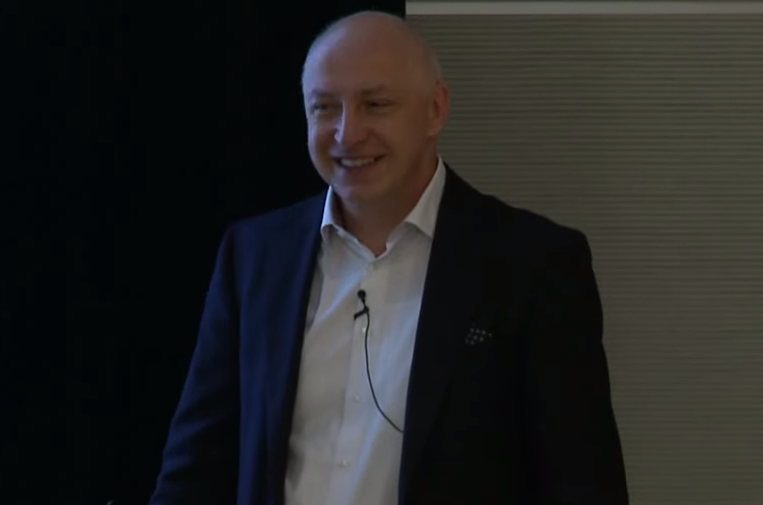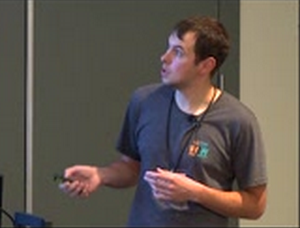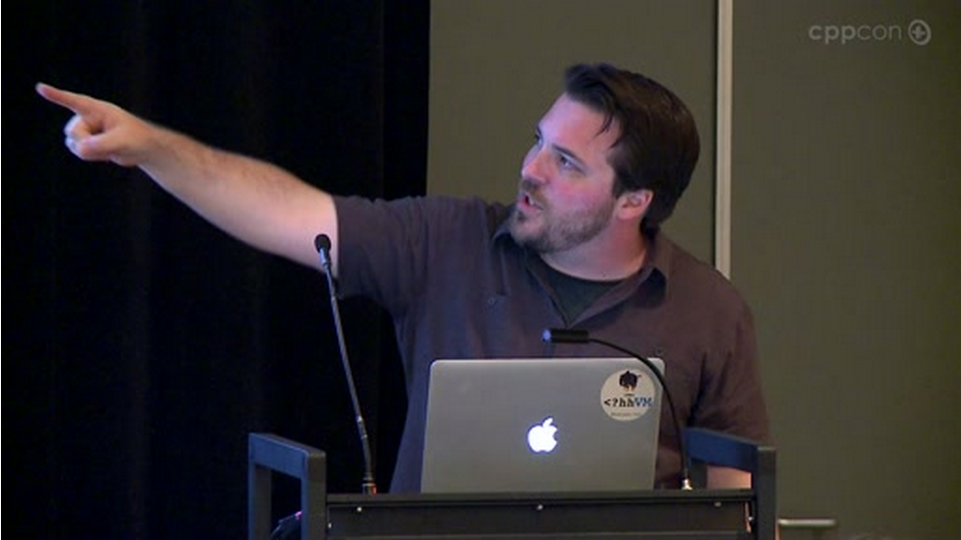Common Algorithm Patterns -- Scott Prager
An interesting article concerning ranges, and how to make the ever useful algorithm header even more effective:
Common algorithm patterns
by Scott Prager
From the article:
Of the STL, <algorithm> may be the most well-used non-container library, but often requires a level of verbosity that requires just as much typing as the hand-written loop, making it not always feel so convenient. It benefits code that uses it with increased clarity and mathematical soundness, so reducing the syntactic overhead should be a goal of those using it. Today I will talk about these problems and demonstrate ways of making it more terse and sound.

 While we wait for CppCon 2015 in September, we’re featuring videos of some of the 100+ talks from CppCon 2014. Here is today’s feature:
While we wait for CppCon 2015 in September, we’re featuring videos of some of the 100+ talks from CppCon 2014. Here is today’s feature: While we wait for CppCon 2015 in September, we’re featuring videos of some of the 100+ talks from CppCon 2014. Here is today’s feature:
While we wait for CppCon 2015 in September, we’re featuring videos of some of the 100+ talks from CppCon 2014. Here is today’s feature: While we wait for CppCon 2015 in September, we’re featuring videos of some of the 100+ talks from CppCon 2014. Here is today’s feature:
While we wait for CppCon 2015 in September, we’re featuring videos of some of the 100+ talks from CppCon 2014. Here is today’s feature: